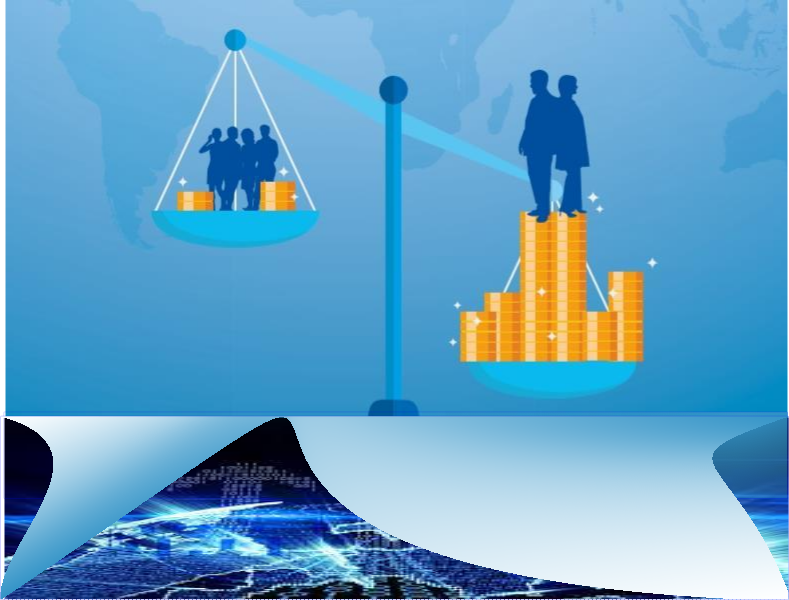Global climate change, inflation, and poverty are interrelated phenomena that impact people and the planet in profound ways. Climate change, caused by human activities, has led to an increase in extreme weather conditions, rising sea levels, and melting ice caps. These changes have severe consequences, including food and water scarcity, displacement of communities, and economic instability. Inflation and poverty, on the other hand, are economic issues that affect millions of people worldwide. These issues are also linked to climate change, and the three have a complex interplay that exacerbates their impact on people and the planet.
The impact of climate change on global food production has contributed to inflation, especially in developing countries. As temperatures rise, crop yields decrease, and food prices increase. The rising costs of food make it harder for people in poverty to afford basic necessities, leading to a cycle of poverty and hunger. The World Bank estimates that climate change could increase food prices by 50-120% by 2050, exacerbating the already high levels of hunger and malnutrition around the world.
Inflation also contributes to poverty, especially in countries with weak economic structures. Inflation occurs when there is an increase in the prices of goods and services, leading to a decrease in the value of money. This decrease in the value of money disproportionately affects low-income households, leading to decreased purchasing power and higher levels of poverty. Climate change exacerbates inflation by increasing the cost of goods and services, especially food, leading to higher levels of poverty worldwide.
Furthermore, poverty and climate change have a cyclical relationship. Poor people are more vulnerable to the impacts of climate change, such as extreme weather conditions, sea-level rise, and water scarcity. These impacts lead to economic instability and displacement, making it harder for people to escape poverty. In turn, poverty contributes to the exploitation of natural resources, leading to environmental degradation and further exacerbating climate change.
The effects of climate change, inflation, and poverty are felt most acutely in developing countries, which have fewer resources to adapt to changing environmental conditions. Developing countries also tend to have less stable economies, making it harder for them to address inflation and poverty. In contrast, developed countries with more resources are better equipped to address the challenges of climate change, inflation, and poverty.
In conclusion, the complex interplay between climate change, inflation, and poverty has severe consequences for people and the planet. Climate change contributes to inflation and poverty by increasing the cost of goods and services, especially food, and decreasing agricultural yields. In turn, inflation and poverty exacerbate the impacts of climate change, leading to economic instability, displacement, and environmental degradation. Addressing these issues requires a coordinated global response, including investment in sustainable development, adaptation measures, and poverty alleviation programs. Only through collective action can we address the challenges of climate change, inflation, and poverty and build a more sustainable and equitable future for all.









